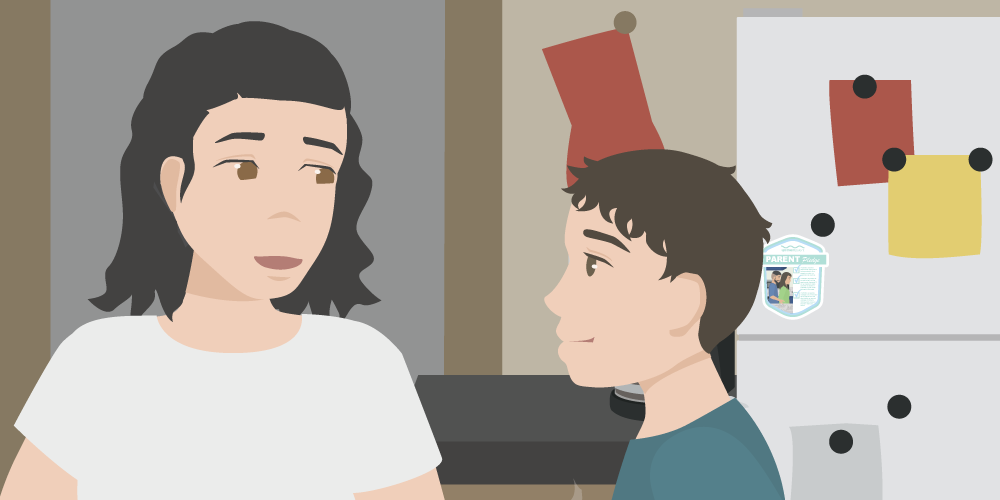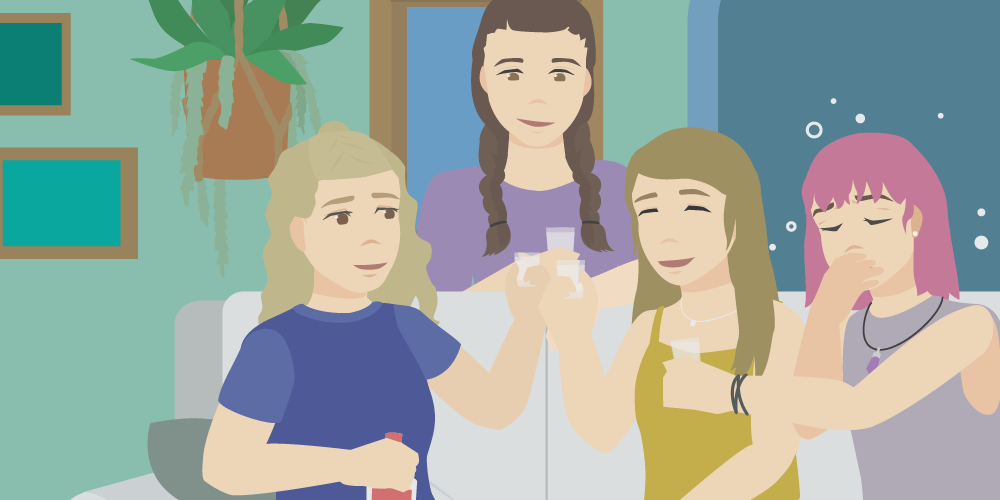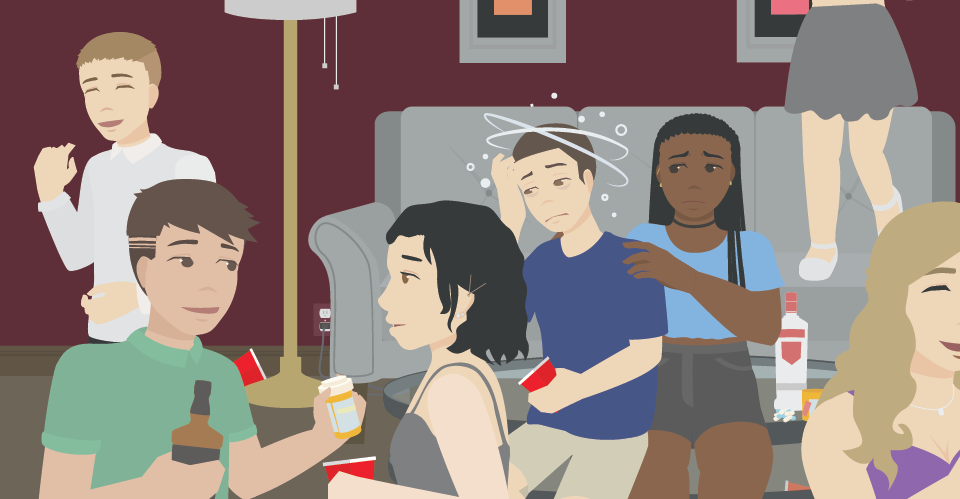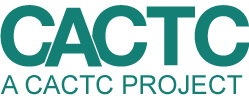So, your son or daughter has been accepted to college and is rocketing their way into adulthood and independence – time flies, huh? The newfound independence that your kid will have at college is something that they are surely elated over, much to your quiet concern. I mean, college has all sorts of mistakes for your kid to make, right? Booze, weed, and who knows what else – not to mention the former two are both legal for 21 year olds! Sure, you want them to have a good time, but not at the cost of their wellbeing. What can you do, and how can you help them if they do run into trouble?
Have that dreaded conversation…
No one wants to lecture and bring down the mood of the room while your kid rolls their eyes and scoffs at any mention of “drinking” or “smoking” – so, don’t! Young adults respond best to parental guidance when it’s presented in the form of a conversation; where both sides get to have a chance to express themselves. Not only does this open your kid’s mind to what you might have to say, but it also gives you a rare chance to see what they feel about it. Give your young adult the chance to show you who they are growing up to be and watch them rise to the opportunity to be a critical thinker.

Eight out of ten young people ages 10-18 say that their parents were their biggest influence on their decision to drink or use substances.
Once you create an environment of open dialogue, be crystal clear about your thoughts and let them know that you disapprove of underage drinking, drug use, and/or other dangerous behaviors. They already know they are going to a setting where underage use is prohibited, so providing that additional support to be safe and follow college conduct rules can be what separates your child from giving into the pressure or saying “no”. Let them know you are not being a buzzkill, you just care about their wellness and success. If substance use is an issue in your family, be upfront about it and let them know if they are at a higher risk of developing these issues too.
“But c’mon, they’re still going to try things out anyway. What’s the point?”
A reasonable sentiment – and many current leaders in substance use prevention would agree that teaching abstinence can only help so much. Instead, use that realism for good and show you’re a good source for information on alcohol and other drugs.

While over half of TC3 students had alcohol in the last month (58%), seven out of ten of those students had a maximum of three drinks.
Get fluent on your kid’s school’s statistics on substance use; you can find this information with a simple search of their website. For example, while over half of TC3 students had alcohol in the last month (58%), seven out of ten of those students had a maximum of three drinks. That’s not considered binge drinking for teens over 18! Passing this information to your kid shows them that while you can’t control everything they do, they don’t have to get wasted if they choose to drink, and they would be within the majority of their classmates (if they go to TC3) who drink safely!
College is your child’s chance to show to themselves and the world that they are ready to be a thriving, productive adult. The many connections they will make at school will propel them into their adult life, and the experiences they foster will shape them in ways neither you nor they can know yet. Isn’t that exciting? Scary, sure, but exciting nonetheless. College will be a time when they are exposed to drugs and alcohol, so talk to your kids about ways to avoid engaging in dangerous behavior. Make sure that you listen, too!
References:
https://www.samhsa.gov/sites/default/files/talk_to_your_kids_5_conversation_goals.pdf



